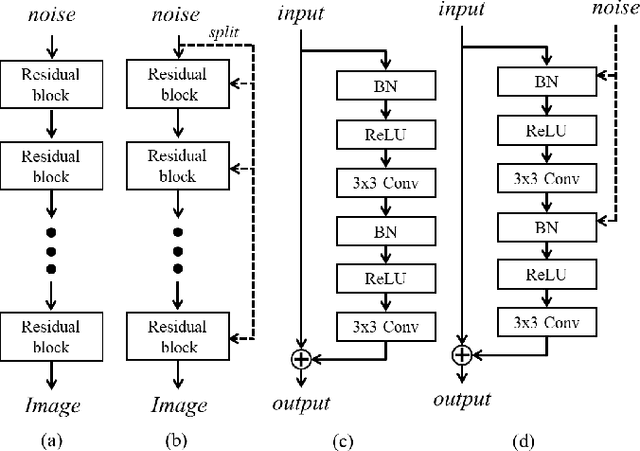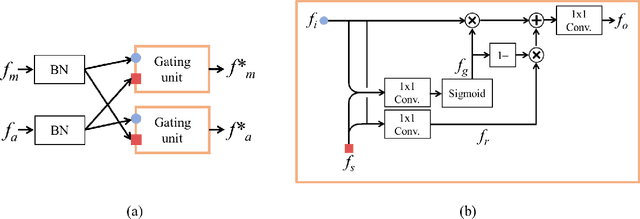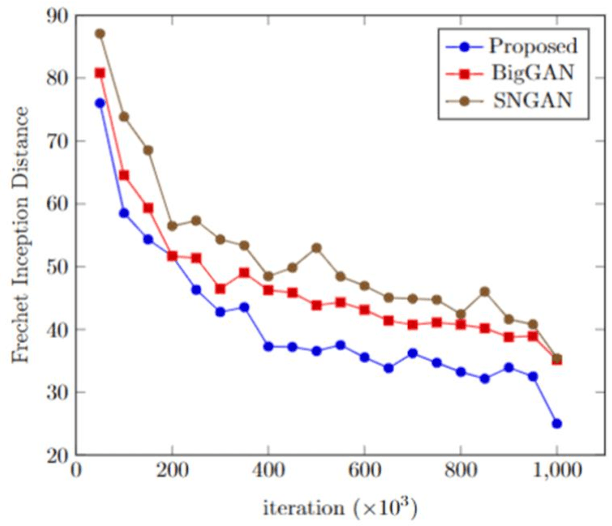A Novel Generator with Auxiliary Branch for Improving GAN Performance
Paper and Code
Dec 30, 2021



The generator in the generative adversarial network (GAN) learns image generation in a coarse-to-fine manner in which earlier layers learn an overall structure of the image and the latter ones refine the details. To propagate the coarse information well, recent works usually build their generators by stacking up multiple residual blocks. Although the residual block can produce the high-quality image as well as be trained stably, it often impedes the information flow in the network. To alleviate this problem, this brief introduces a novel generator architecture that produces the image by combining features obtained through two different branches: the main and auxiliary branches. The goal of the main branch is to produce the image by passing through the multiple residual blocks, whereas the auxiliary branch is to convey the coarse information in the earlier layer to the later one. To combine the features in the main and auxiliary branches successfully, we also propose a gated feature fusion module that controls the information flow in those branches. To prove the superiority of the proposed method, this brief provides extensive experiments using various standard datasets including CIFAR-10, CIFAR-100, LSUN, CelebA-HQ, AFHQ, and tiny- ImageNet. Furthermore, we conducted various ablation studies to demonstrate the generalization ability of the proposed method. Quantitative evaluations prove that the proposed method exhibits impressive GAN performance in terms of Inception score (IS) and Frechet inception distance (FID). For instance, the proposed method boosts the FID and IS scores on the tiny-ImageNet dataset from 35.13 to 25.00 and 20.23 to 25.57, respectively.
 Add to Chrome
Add to Chrome Add to Firefox
Add to Firefox Add to Edge
Add to Edge